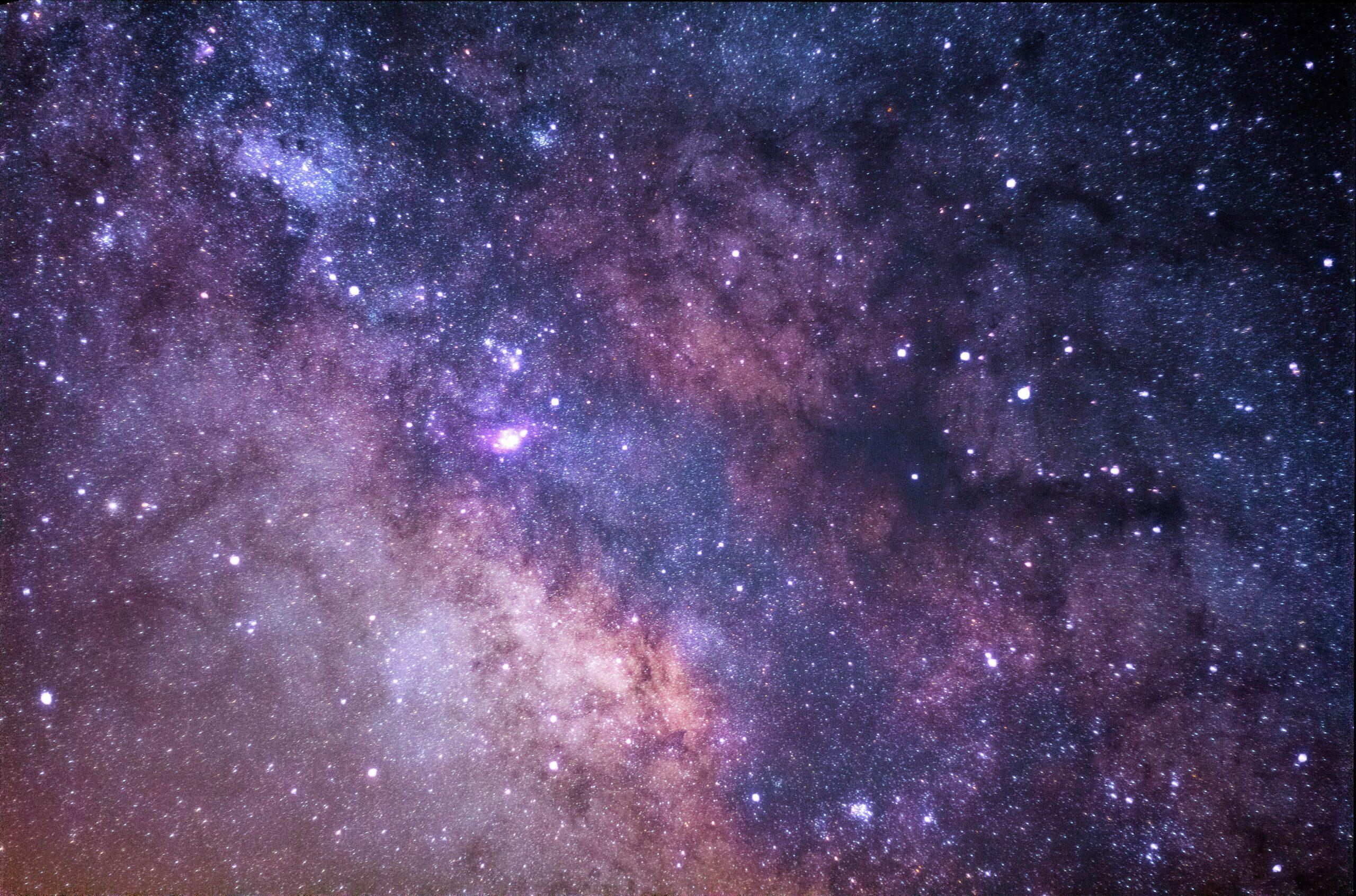The study of astrology is almost as old as civilization itself and is said to have originated in the cradle of humanity, Mesopotamia. Astrologists have kept track of the stars and correlating patterns since the third millennium, but over time what once was a practice inseparable from actual science like astronomy became a watered-down interpretation of human characteristics in the Sunday paper read by your kooky aunt and probably Linda Doyle. However, a new life has been breathed into the contemporary practice of astrology, suddenly more popular than ever with younger people as we continue to reject traditional religious institutions in favor of a more focused and inner approach to our unique spirituality. Our renewed interest in astrology is also definitely related to our obsession with self-care; it’s an extremely personalised view on your life and your experiences. It’s also increasingly more commodified, from Amazon ads telling you that because you’re a Libra you need this necklace, to the astrologer on your TikTok for-you page telling you that you’ve got to break up with your significant other.
Astrology has become so popular with our generation because it appears to hold a formulaic answer to everything, especially people
Humans are simple, we crave a sense of control and familiarity, and hate being vulnerable. A lot of the reasons why people have historically flocked to religion are the same as why we’re now attracted to astrology. It’s easy to accept that God (or another higher power) has a plan for us. It’s comforting to know that things are predestined and predictable. The last few years have been anything but, and it’s been hard to hold faith in anything lately. With economic uncertainty, a global pandemic, and just the general mess we deal with being in our 20s, things have been synonymous with spiraling out of control. Astrology has become so popular with our generation because it appears to hold a formulaic answer to everything, especially people. A sexy, mystical, attractive answer to why someone is like that. With modern technology, we’ve moved past the baseline advice that water signs should stick to earth signs and that air signs should couple up with fire signs (and vice-versa). How convenient is it to pull up Astro.com, input a few key pieces of information and receive an output equivalent to someone’s entire past, present, and future? For example, Capricorn Sun plus Leo Moon plus Cancer Rising equals someone who probably studies BESS and thinks they’re better than everyone else — mark to avoid.
Isn’t it so much more easy to accept star-signed determinism than admitting your own fault?
Our obsession with wanting to know what to expect and when to expect it has become an extreme method of self-preservation. It’s rocky and uncharted territory to open up to someone romantically, and how do you even know who to talk to? We’re all so afraid of being disappointed, that we feel severely betrayed after serving ourselves up on a silver platter for someone on Hinge only for it to not work out. Astrology gives the illusion of being able to control your expectations of someone else and yourself in a given situation. How relieving it is to say: “Well, it didn’t work because he’s a Taurus and I’m an Aries,” instead of acknowledging the real problems you had with each other? Isn’t it so much more easy to accept star-signed determinism than admitting your own fault? The recent reliance on astrology isn’t because anyone actually cares about who they’re compatible with, it’s because astrology hangs horoscopes and cosmic predictions like a safety net so you’re not too upset after investing time and energy into a Gemini when you’re a Pisces. Get real, more real than your zodiac sign because no one can be accurately described in three adjectives or a coded webpage. As Tim Kreider wrote: “If we want the rewards of being loved we have to submit to the mortifying ordeal of being known.”






